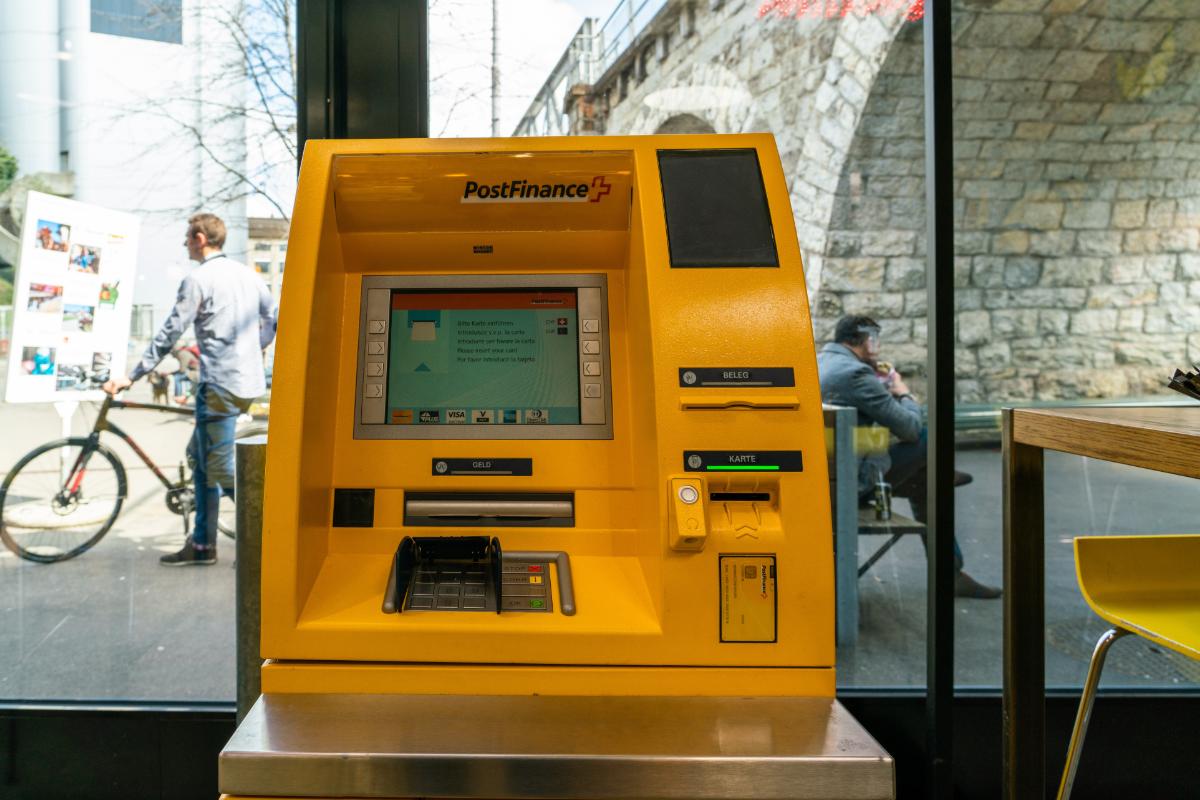
Rental payments are a landlord’s lifeblood. Your business depends on
the rent coming in on time every month. You can’t pay the mortgage without it.
And other bills will begin to pile up. But it isn't just the financial implications.
There's all the stress and worry that non-payment of rent causes. It's fair to
say the situation could lead to lots of anxiety and sleepless nights for you.
Understandably then you'll want to do everything you can to make sure
the monthly rent payment drops into your bank account in full and on schedule.
And most of the time that'll happen. But what do you do when the rent isn't
paid? What steps can you take to recover the lost income and ensure it doesn't
happen again? We'll look at 5 things you can do when tenants don't pay the
rent.
1) Don't procrastinate
Sounds obvious but don't adopt a wait and see attitude. You literally
can't afford to let things drift. If the rent doesn't come in on time you need
to take immediate action. Don't even think about giving it a week or two hoping
the situation will resolve itself.
There may be a simple and reasonable explanation why you haven't received
your rent. Conversely it could be a sign of more problems to come. So, you need
to act quickly.
2) Talk to the tenant
Before doing anything else contact your tenant. Call and speak to them
on the phone. The tenant may have a very good explanation for not paying the
rent. Most tenants value the roof over their head and know the rent should
always be the first thing they pay.
But sometimes circumstances arise that lead to a temporary financial
crisis. This could be anything from a cut in hours at work to a bank computer
fault. And the later certainly seems to be quite common. But you won't know any
of this until you talk to your tenant.
Don't be confrontational but point out the rent is overdue. Ask if the
tenant is having any problems. If it's a simple oversight suggest they set up a
standing order to ensure it doesn't happen again. But do point out the
consequences of not paying the rent. That eviction is always an option.
3) Contact your tenant in writing
If you can't contact your tenant over the phone send them a written
notice. You should do this within three to five days. In fact, even if you've
spoken to the tenant and they've promised to pay send a notice anyway. If you
still don’t receive a payment send another notice after 14 days. Hopefully
seeing everything spelled out in writing will prompt the tenant into making the
missing payment.
4) Find a solution
The last thing you want is the trauma and expense of evicting a tenant.
If it's possible to find a solution to the problem it's in your interests to
find it.
If the non-payment is due to a temporary cash flow problem work with
the tenant to resolve the issue. You may be able to arrange a payment plan
which suits you both.
Trying to work out a repayment plan is definitely something you should
consider. It's better to receive the money you're owed eventually rather than
never. But, don't flog a dead horse. If the tenant defaults again or you don't
think the plan is realistic, you'll have to consider ending the tenancy. And do
remember there are boundaries. You’re not there to manage the tenant’s money
for them. At the end of the day the rent is the most important payment they
must make. Your goodwill and understanding should only stretch so far.
5) Cut your losses
This isn't something most landlords will want to contemplate. But it
bears thinking about. If your tenant doesn't pay the rent and it's pretty
obvious they aren't going to be able to do so in the future you have to evict.
Or rather get the tenant out of the property. The two aren't necessarily the same.
You can't start eviction proceedings until the tenant is eight weeks in
arrears. This will cause the debt to increase of course. Then there may be
legal fees to add. In addition, there's the time it takes to actually get the
tenant out of the property. If they're determined to, they can drag the
eviction process out which means even more lost rent.
Sometimes it may make financial sense to let the tenant surrender the
tenancy as soon as they get into arrears. They have to agree to this of course.
But you could be better off regaining possession of the property and moving a
new tenant in. Don't forget in this scenario the security deposit
should cover the rent arrears you're owed.
Evicting your tenant
If the tenant doesn't pay the arrears and remains in the property you
have no choice but to evict. If the tenancy is still in its fixed term you can
serve a Section 8 notice. However, if the fixed term has ended you could serve
a Section 21 instead. You can read more about how to legally evict a tenant here.
Prevention is better than cure
A tenant falling into rent arrears is something just about every
landlord will face at some point. This is why it's always wise to build up a
contingency fund to help you through the weeks or months of interrupted cash
flow. But there are also some steps you can take to lessen the chances of your
tenant not paying the rent.
·
Screen
your tenants. In-depth referencing can help root out the bad apples right
at the start.
·
Encourage your tenant to set up a standing order
to pay the rent.
·
If in doubt ask for a guarantor.
·
Send a reminder text message a couple of days
before the rent payment is due.
·
Use a rent collection service. A service like
the one provided by MakeUrMove
will not only collect the rent for you but also provide arrears management. It
also includes a rent guarantee to make sure you don't lose out financially.
Private landlords can find tenants fast by listing their property with
MakeUrMove the online letting platform bringing landlords and tenants together.






